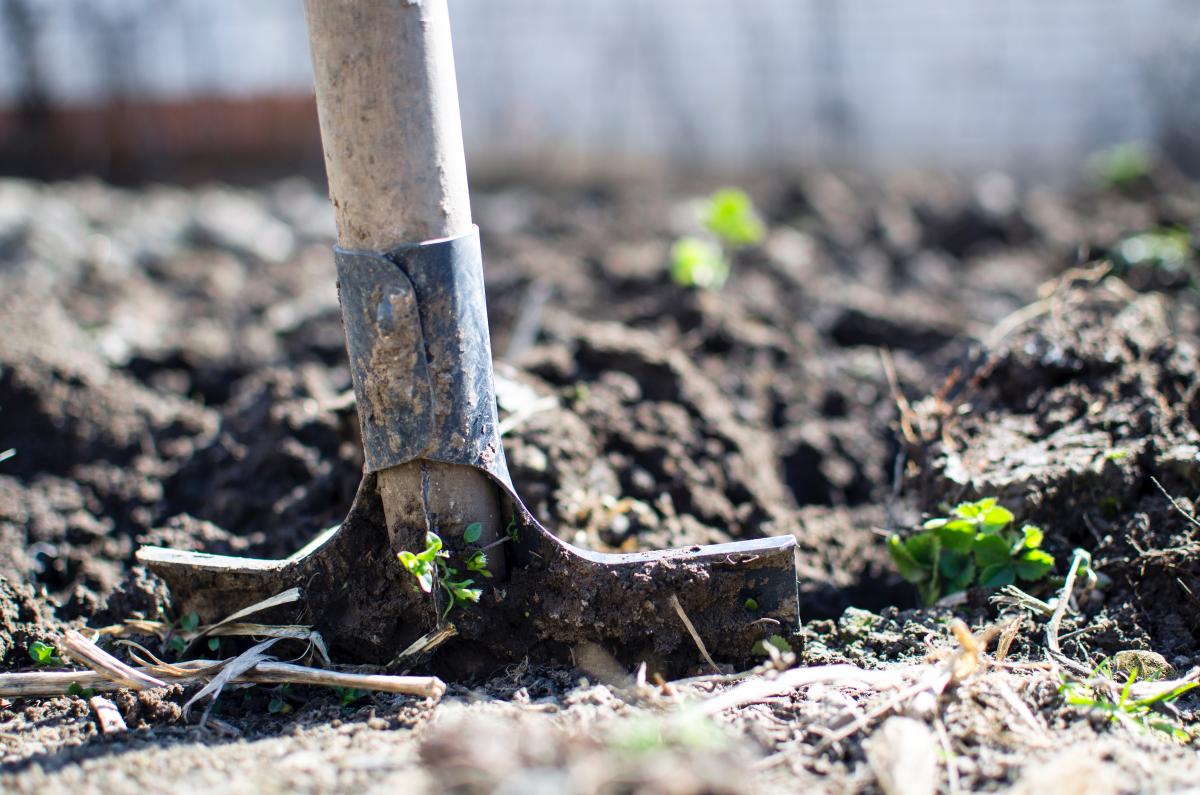Veganism is undoubtedly one of the world's fastest growing lifestyles. Indeed, this year's Veganuary saw over 250,000 people in the UK sign up to live entirely on a plant-based diet - a new record. However, an often overlooked aspect of veganism is how one takes care of their garden.
Gardens are vibrant ecosystems teeming with wildlife, from smaller animals, such as insects, to larger animals such as rabbits, foxes and squirrels. These ecosystems need looking after, but typical gardening activities can negatively affect the ability these animals have to thrive.
For example, fertilisers are often fatally toxic to insects and even some smaller animals. Moreover, normal compost is made using bone meal, fish bones or animal feces, which contributes to animal-husbandry and the poor treatment of animals such as cows and pigs. These gardening habits clearly conflict with the tenets of a veganic lifestyle, so here are some recommendations on how to be a better vegan in the garden this summer.

Photo by Lukas from Pexels
1. Use soil mulching rather than digging
Making your garden an ecosystem for animal life, and avoiding any disruption caused to the natural ecosystem by handling the soil, is key to vegan gardening. However, most gardeners regularly dig up their soil for planting and encouraging general plant growth, which disrupts wildlife in the ground.
Digging the soil leads to a more rapid breakdown of organic matter and leaches nitrogen and other nutrients in the ground, hampering soil fertility and killing insects in the process. While digging helps us create beautifully landscaped gardens, the truth is that we hurt the animals we swear to protect in the process.
The vegan solution is mulching; covering soil with organic matter once a year. By applying mulch about 5cm deep on the ground, a garden’s soil will maintain its fertility and encourage plants to grow. Mulching also protects the soil from eroding due to wind or rain, as well as naturally preventing weeds.
2. Produce your own fertiliser and compost
As previously mentioned, many common fertilisers and composts include animal products and by-products which contradict with the principles of a vegan lifestyle. Animal-manure compost, for example, is often gathered from the feces produced by animals forced into dairy or meat production, thereby tainting it with animal suffering.
Nevertheless, there are easy ways to make vegan compost and fertiliser. Organic food waste, for instance, can be rotted down into compost to provide nutrients for the soil and plants. Organic matter from the garden, such as leaves, can also be used for nurturing the soil.
While this process takes longer than simply buying compost and fertiliser from a shop, it will help you maintain a fully vegan lifestyle. Moreover, it will help you reduce your waste. It is also possible to speed up the rotting process by adding nitrogen-rich materials such as seaweed and grass mowings on top of the organic matter.
3. Treat pests and diseases in a harmless way
While vegans will want to preserve life as much as possible, there are cases where predators and insects may destroy their cherished plants. The green-fingered will most typically use pesticides to protect their garden, but these will inevitably kill pests and potentially harm other animals in the process.
The vegan solution is to prevent pests and diseases from spreading in the first place. One option is to rotate your crops throughout the year, particularly those that are most important to you. This will keep pests from propagating at a fast rate.
However, this can be a laborious task for some, especially those with large gardens. If that is the case, simply keeping the garden tidy will help prevent pests from spreading, as slugs and other animals will have less places to hide and move around the garden. Furthermore, surrounding plants with copper tape and sharp stones will also deter pests from attacking your plants.
Key takeaways
Vegan gardening is an increasingly popular hobby, and incorporating even one of these tips will help reduce the negative impact your green-fingered hobby has on local wildlife. From soil mulching and home-made compost to rotating plants around your garden, it has never been easier for vegans to exclude all forms of animal-exploitation from their lifestyles.
By Andy Baxter, gardening expert and MD at Internet Gardener.
The views expressed by our bloggers are not necessarily the views of The Vegan Society.

